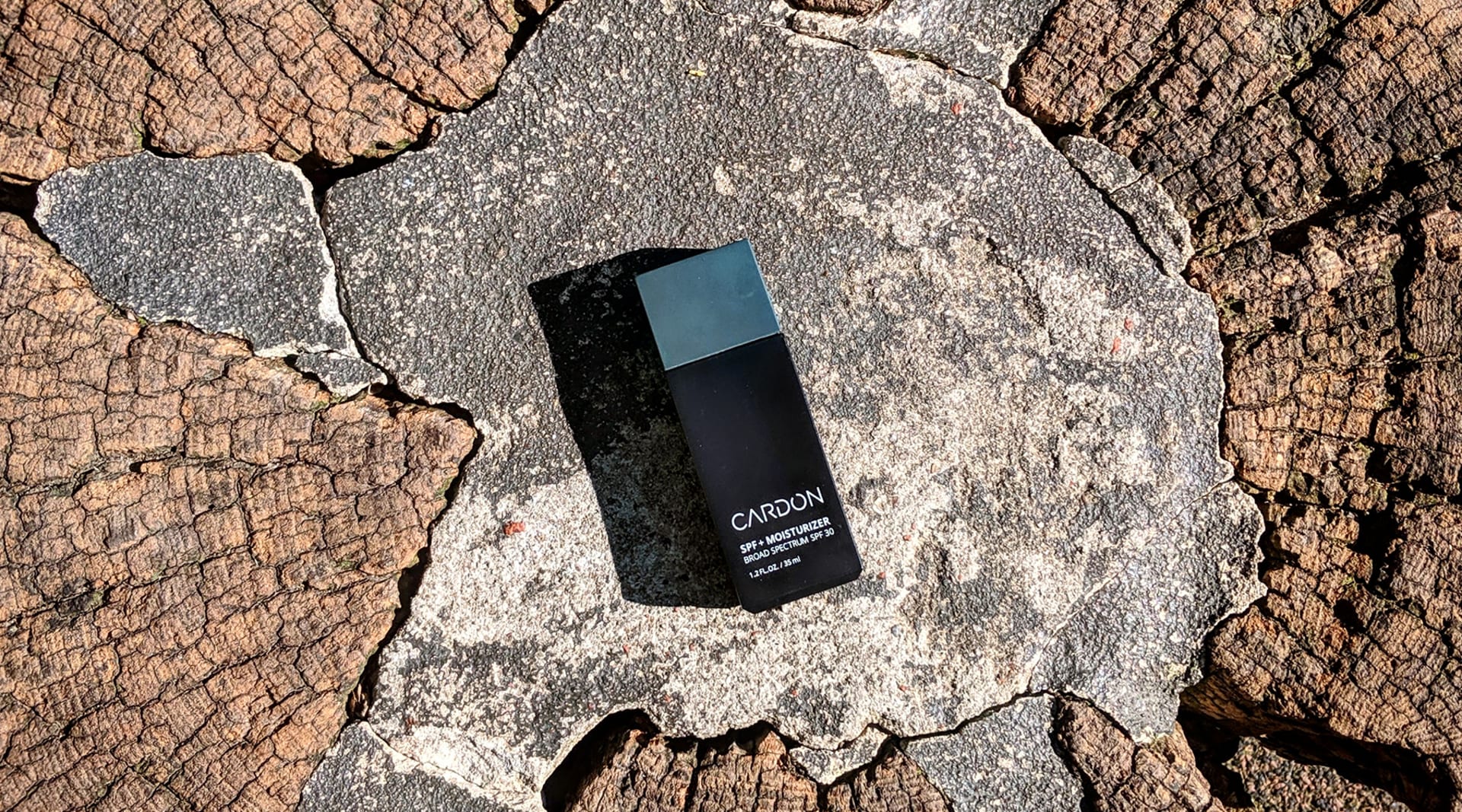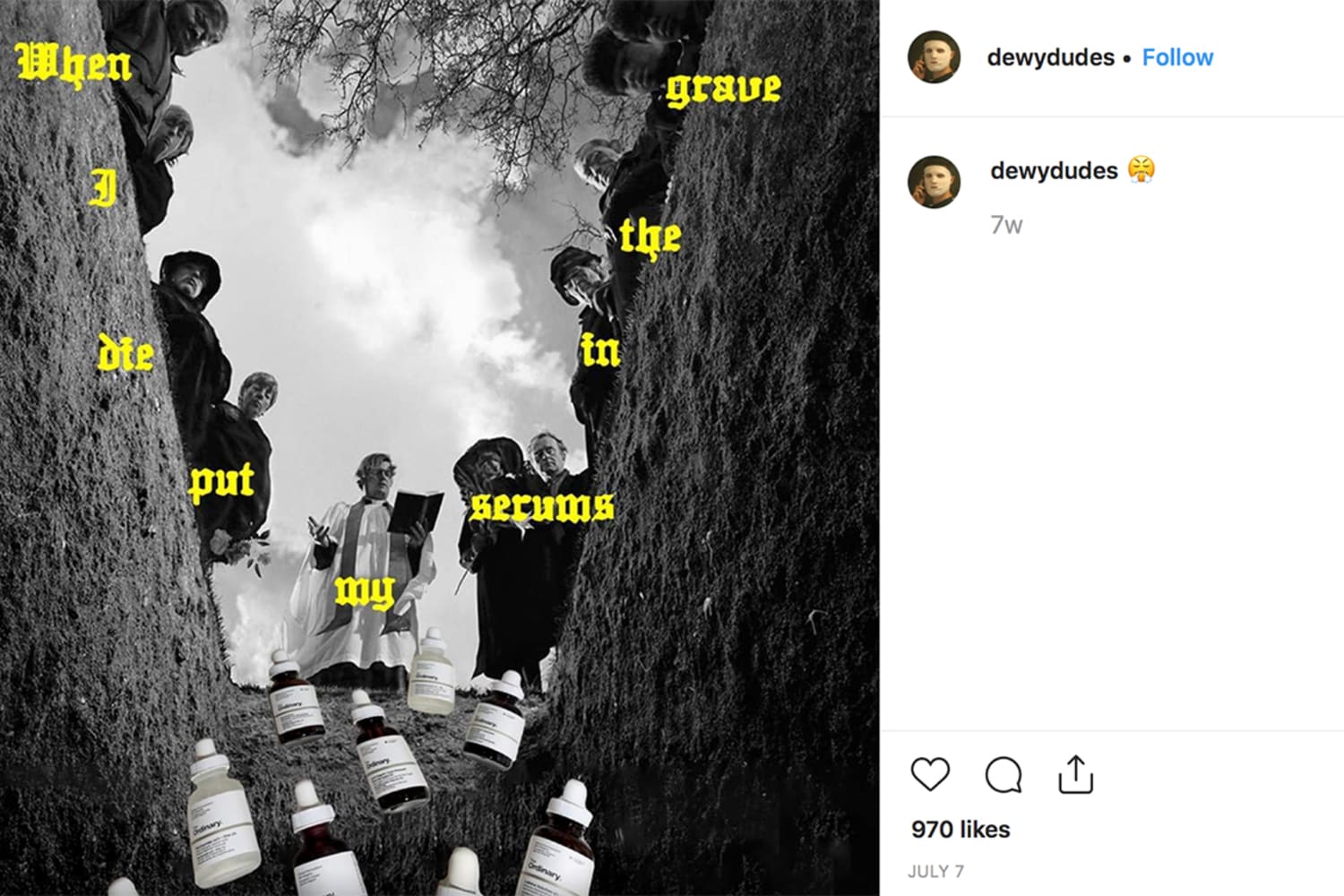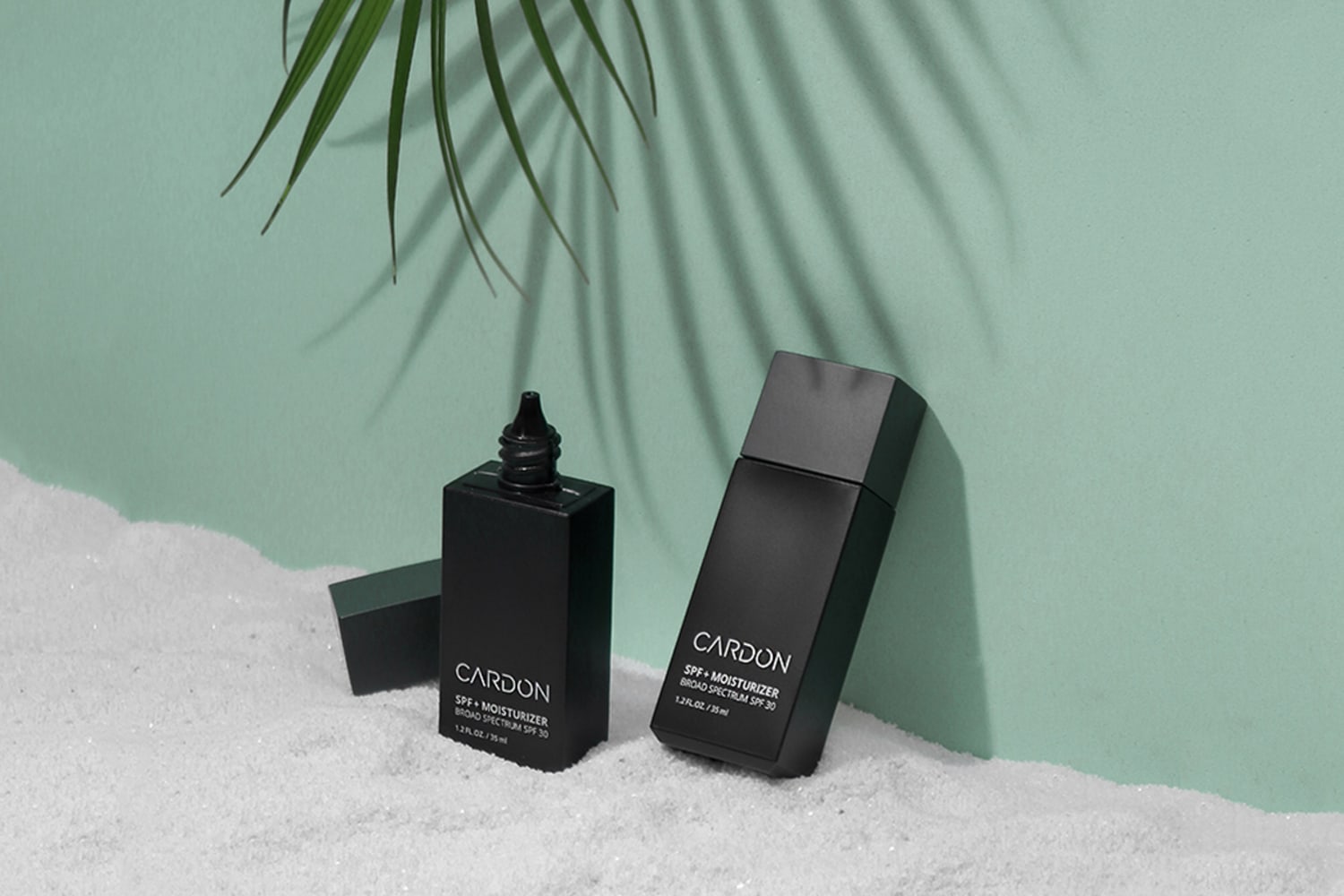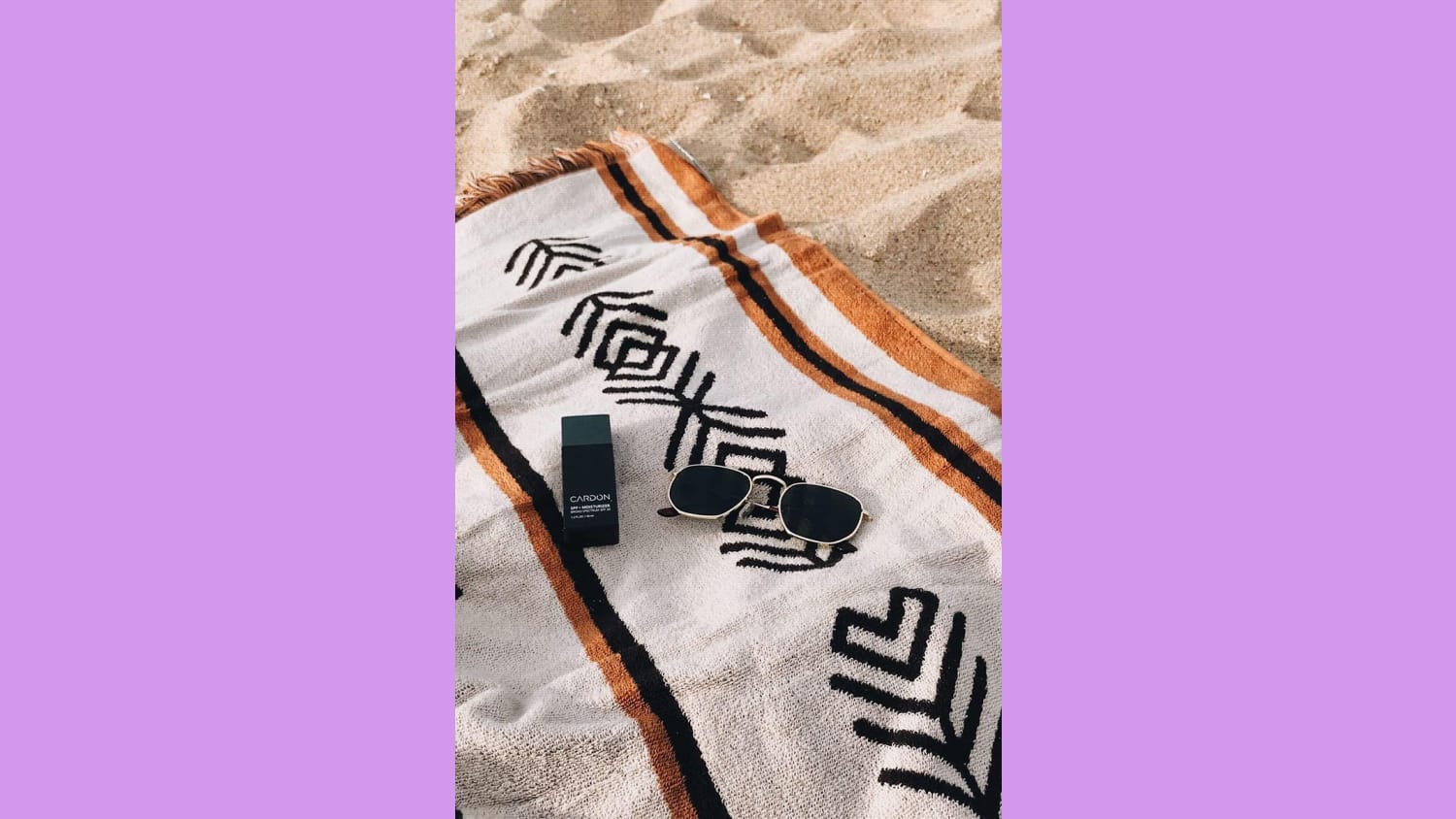Glowing skin is more desirable than ever for men, thanks to a new wave of brands and online personalities working to upend the conventional male grooming arsenal and break gendered stereotypes around beauty and skincare.
The global men’s skincare market is set to grow 24% in the next five years to reach $5 billion, according to Euromonitor. Men are already devoting more attention to personal care—Allied Market Research forecasts the men’s grooming industry will reach $166 billion in less than three years—but there are other drivers at play as well. Young male consumers are not only open to looking better, they’re embracing broadening definitions of masculinity and what it means to be “handsome,” challenging long-established beauty norms. For some men, this means exploring the possibilities of makeup, while for others, it simply involves moving beyond a basic shaving regimen into a world of serums and toners.
This new market opportunity is giving rise to gender-free products and packaging designed to be inclusive and help all men achieve an elevated level of selfcare. Brands specifically setting out to target the male consumer are encouraging discovery and fostering a deeper, yet approachable take on skin health.
Direct-to-consumer razor startups have been working this slant in the mainstream space, with Harry’s the latest to get snatched up by a corporate giant—Edgewell Personal Care, which makes Schick razors. In spring 2019, Harry’s moved beyond shaving cream to collaborate on a limited-edition detoxifying face mask with personalized facial expert Heyday. Forbes calledit a step towards demystifying men’s skincare. “Solving for guys’ specific skin needs is actually far less challenging than encouraging them to engage in a category they’ve been led to believe is not necessarily for them,” Andy Katz-Mayfield, cofounder and CEO of Harry’s, told Forbes.











